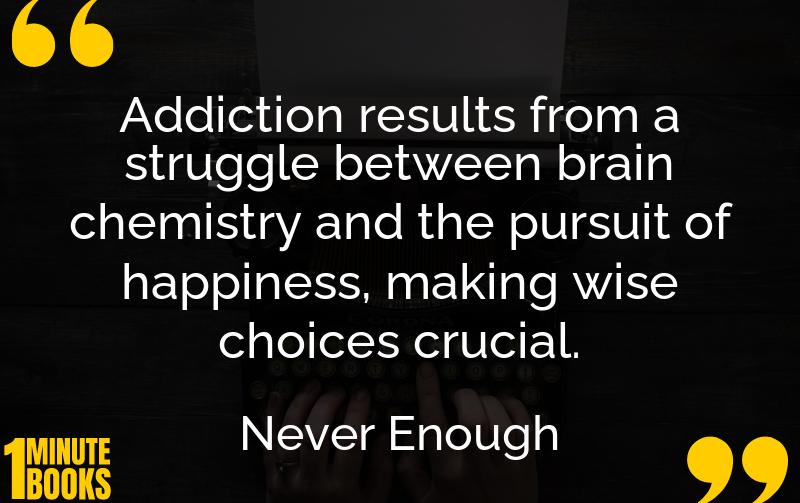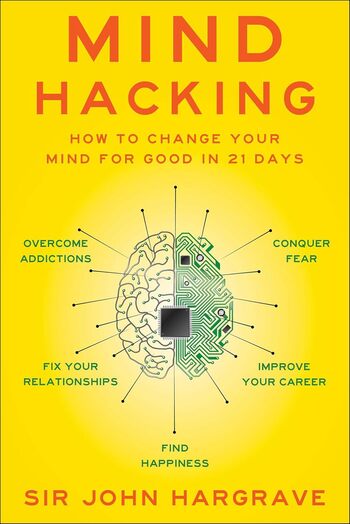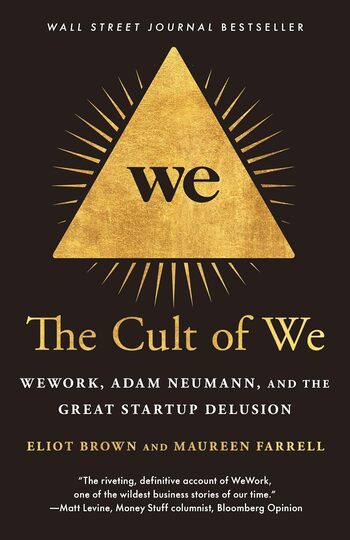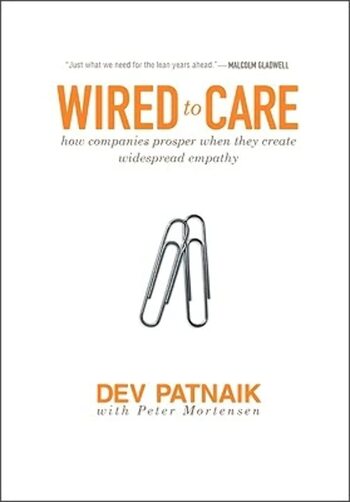
Judith Grisel explores how brain chemistry, genetics, and social norms affect addiction. She emphasizes understanding these factors to make informed choices about substance use.
Main Lessons
- Addiction affects everyone differently due to unique brain chemistry.
- We often glamorize socially acceptable addictions like caffeine and alcohol.
- Stigma and legality shouldn’t dictate substance safety; brain chemistry should.
- Early studies on rats helped identify the brain’s pleasure centers.
- Dopamine drives our pursuit of reward, leading to habits forming over time.
- Genetics contribute significantly to addiction vulnerability.
- Identical twins are twice as likely to share addictive habits, highlighting genetic links.
- Family history of addiction can influence susceptibility, regardless of upbringing.
- Social drinking can escalate to addiction if reliant on increased beta-endorphins.
- Cocaine’s short-lived euphoria contributes to its addictive cycle.
- Our inherent brain mechanisms can struggle to differentiate between healthy and unhealthy habits.
- Even common stimulants like coffee can lead to dependency.
- Understanding brain chemistry can aid in making smarter lifestyle choices.








